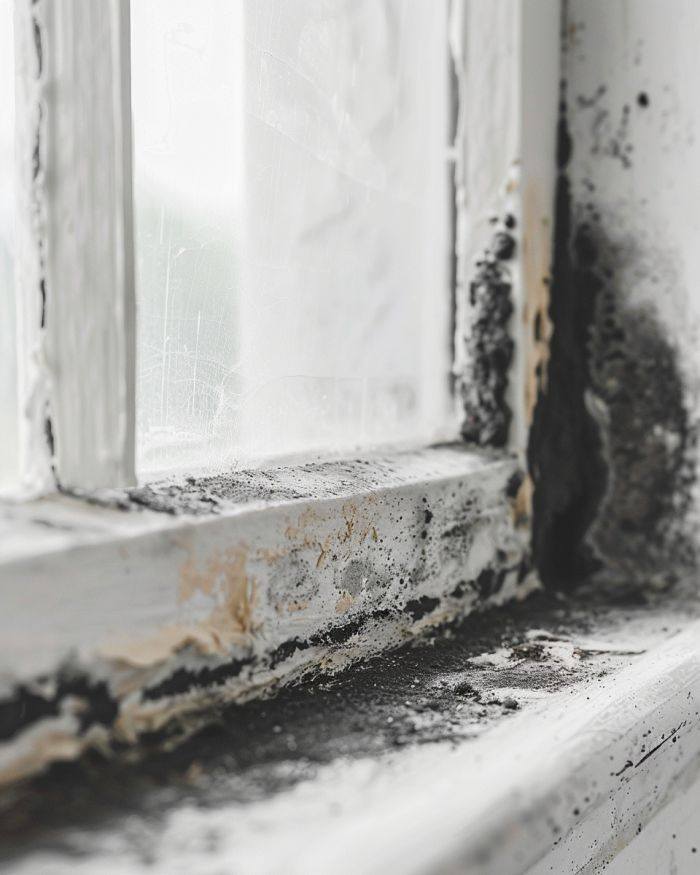Black mold is more than just an unsightly nuisance; it can pose serious health risks, including respiratory problems, skin irritation, and other allergic reactions. It’s essential to address any black mold issues promptly and effectively to maintain a safe and healthy living environment. While various methods exist to combat black mold, one often overlooked solution lies within nature itself—certain plants have properties that help fight against black mold.
This article will provide you with valuable insights into the natural world of plants and how they can be your allies in the battle against black mold. By the end, you’ll be equipped with knowledge about eight specific plants that can help you mitigate black mold in your home. Whether you’re looking for natural remedies or simply enjoy the added greenery, you won’t want to miss the detailed breakdown that follows.
1. English Ivy (Hedera helix)
English Ivy is known for its prowess in absorbing airborne mold spores. Its ability to thrive in low light makes it perfect for indoor environments where mold may be an issue.
2. Snake Plant (Sansevieria trifasciata)
The Snake Plant is not only a hardy plant that can withstand difficult conditions but also possesses air-purifying qualities. It helps reduce mold by removing moisture from the air.
3. Peace Lily (Spathiphyllum spp.)
Peace Lilies are excellent at reducing mold spores in the air. They also improve indoor air quality by absorbing humidity and producing moisture back into the air through transpiration.
See next page

